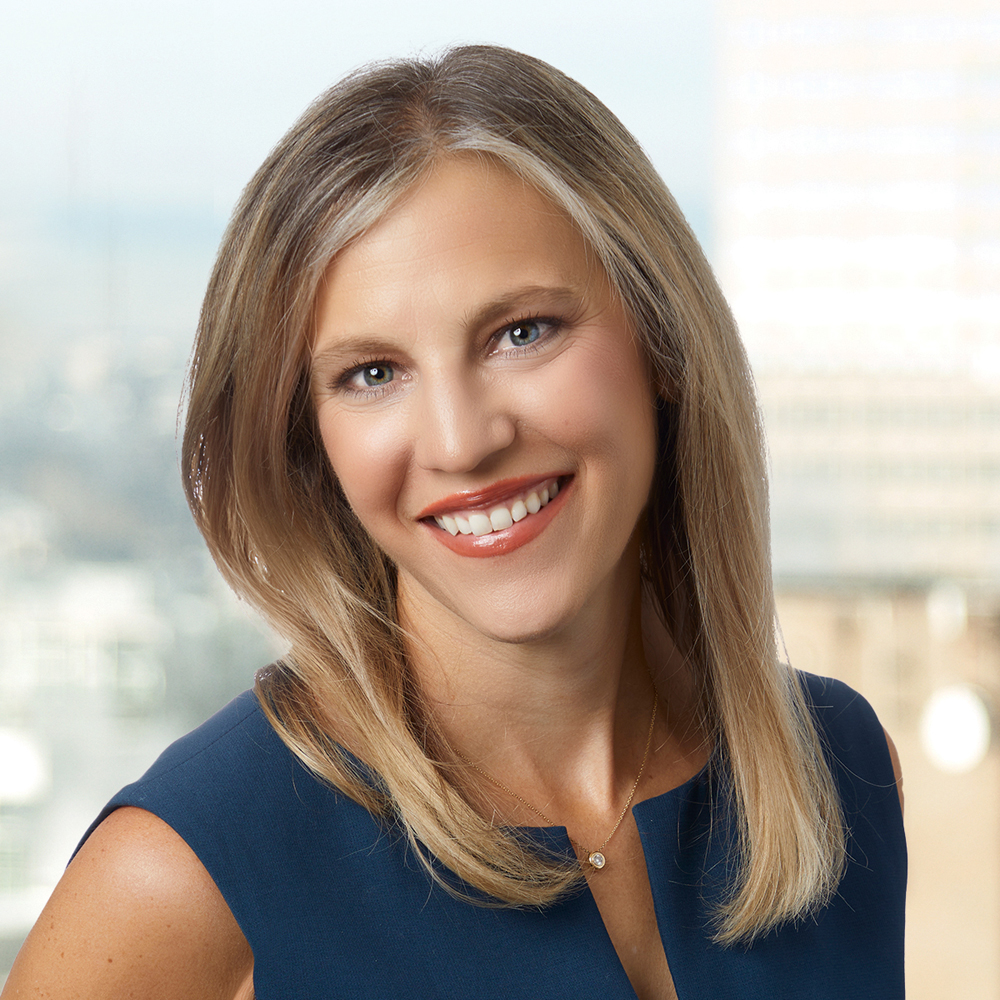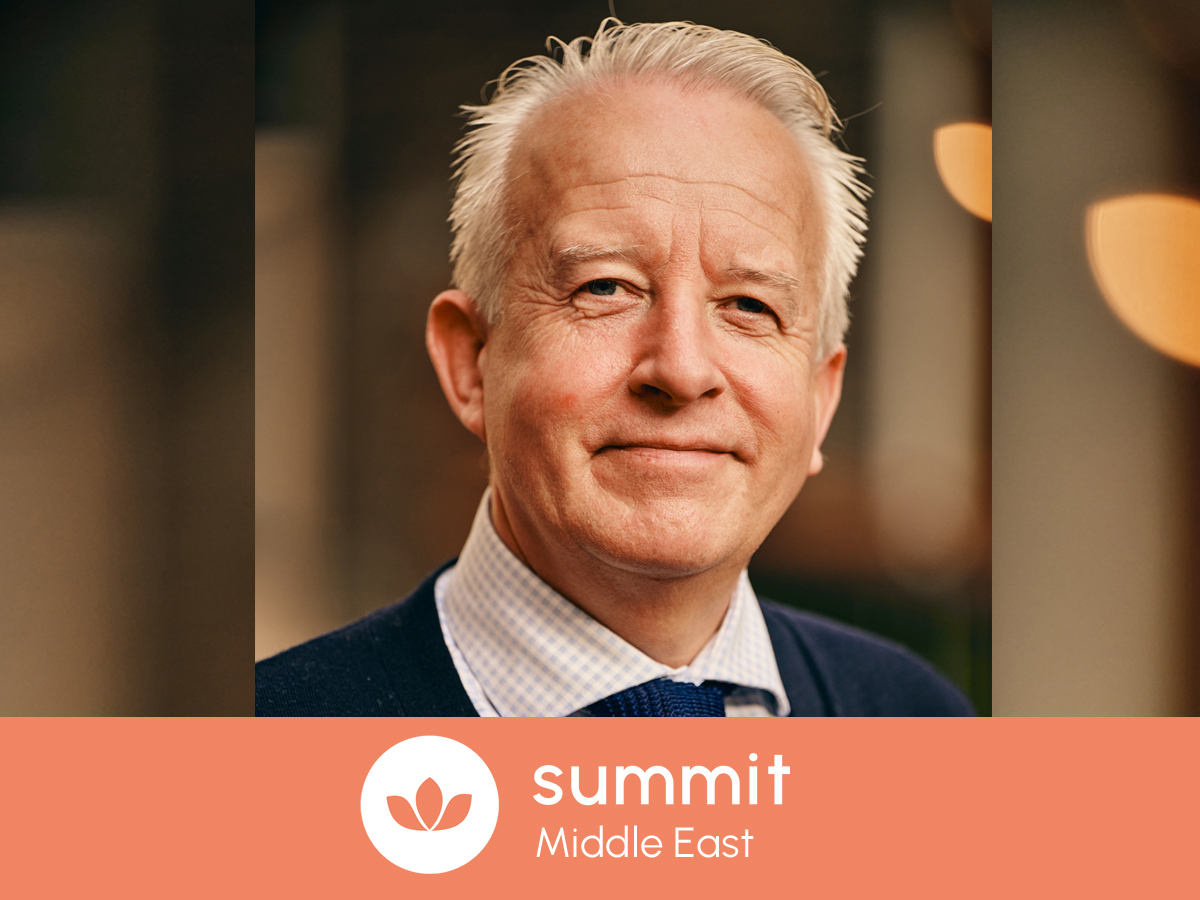
Leora Hornstein is the Well-being Specialist at Cenovus Energy, where she leads the organization’s well-being initiatives. A Registered Nurse, Certified Occupational Health Nurse, and trained fitness and yoga instructor, Leora has been instrumental in pioneering conversations around mental health in the workplace, changing perceptions, and reducing stigma. Leora has transformed Cenovus’s wellness program into a holistic total health and well-being strategy. She is dedicated to protecting and promoting employee well-being, cultivating human-centered work cultures, and enhancing organizational health.
We are delighted to share that Leora will be will be speaking in Calgary as part of our Wellbeing at Work Summit Canada next week. We caught up with her to find out how she’s feeling in the runup to the event.
Hi Leora, we are thrilled that you will be speaking at the Wellbeing at Work Summit Canada next week. Our first and most important question is, how are you doing today?
Today’s a great day to have a great day!
As a leader based in the region, what are the main challenges you are facing when it comes to employee wellbeing and mental health?
1) Positioning well-being as a strategic, proactive priority – not just a perk
2) Providing the ROI and impact of well-being initiatives, measuring what matters;
3) Driving consistent participation across diverse teams and roles; and
4) Aligning well-being with broader business goals and culture.
What strategies have you seen developing over the past 6 months, both internally and externally, that are moving the dial on wellbeing in the workplace?
We’ve focused on aligning wellbeing efforts with leadership development, onboarding, and our employee resource groups to meet people where they are. Rather than launching only standalone initiatives, we’re identifying opportunities to embed wellbeing into existing organizational activities—making it more integrated, relevant, and sustainable.
Why is employee wellbeing so important to you personally?
As a Registered Nurse, I’ve seen firsthand how workplace well-being can ripple outward—impacting not just employees, but families, communities, and society at large. Healthy, thriving employees are the foundation of resilient, successful organizations. Prioritizing well-being isn’t just good business—it’s a powerful lever for advancing public health at scale.
What impact is AI having in your organization and how are you managing that?
At Cenovus, we’re actively advancing our AI strategy, though in my role, the direct impacts have been limited so far. What I am seeing—and hearing—is growing anxiety around job security and role evolution. That said, I believe AI holds real promise for reducing burnout and improving efficiency, especially if we focus on amplifying human skills like empathy, creativity, and critical thinking. The challenge is ensuring that AI adoption is paired with thoughtful change management and a commitment to workforce wellbeing.
Other than AI, are there any challenges that you are seeing for the first time and how are you addressing them?
One of the most pressing challenges—though not entirely new—is the intensifying rise in stress and burnout. What feels different now is the scale and complexity: internal pressures like workload and change fatigue are colliding with external stressors, leaving many employees dysregulated and reactive. We’re seeing more emotional volatility, reduced civility, and strained workplace relationships. Compounding this is the current employer’s market, where power dynamics are shifting. Some organizations are leveraging that power without fully accounting for the human cost—undermining trust, psychological safety, and long-term engagement. To address this, we’re focusing on human-centric approaches, embedding wellbeing into leadership practices, and creating space for emotional regulation and recovery. It’s not just about programs—it’s about reshaping culture to meet people where they are.
What areas do you think employers should be focused on over the next 12 months?
Employers should prioritize skill-building for workplace well-being and invest in human-centered leadership capabilities—empathy, adaptability, and ethical decision-making—to navigate AI advancements and global transformation with resilience and purpose.
Do you feel that investment in employee wellbeing in the region is increasing or decreasing and is that a direct reflection on HR leaders’ increasing ability to demonstrate effective returns of their strategies to leadership?
Investment in employee well-being is facing headwinds. Many organizations are grappling with shrinking margins, external pressures, and the challenge of proving short-term ROI. Without a clear legal framework or governance mandate, wellbeing often remains optional—competing with other priorities for attention and resources. But investment in well-being isn’t solely fiduciary. It’s also reflected in leadership behaviors, cultural alignment, and the daily decisions that shape employee experience. Demonstrated commitment—through empathetic leadership, psychological safety, and inclusive practices—is just as critical as budget allocation. HR leaders are making strides in measuring impact, but without visible support from the top, even the best strategies struggle to gain traction.
How has your organization been leading the way?
Cenovus is committed to an integrated approach that prevents harm, promotes positive well-being, and provides meaningful support. Through a holistic health and well-being strategy, we’re advancing mental health across the company and industry—shaping a culture where employees can thrive and bring their best, both at work and beyond.
Leora will be speaking in Calgary at the Wellbeing at Work Summit Canada.
Our Toronto Summit takes place on October 21, 2025. Visit our Toronto webpage for further details.
Our Calgary Summit takes place on October 23, 2025. To find out more about our Calgary Summit and book your tickets please visit our Calgary webpage.



